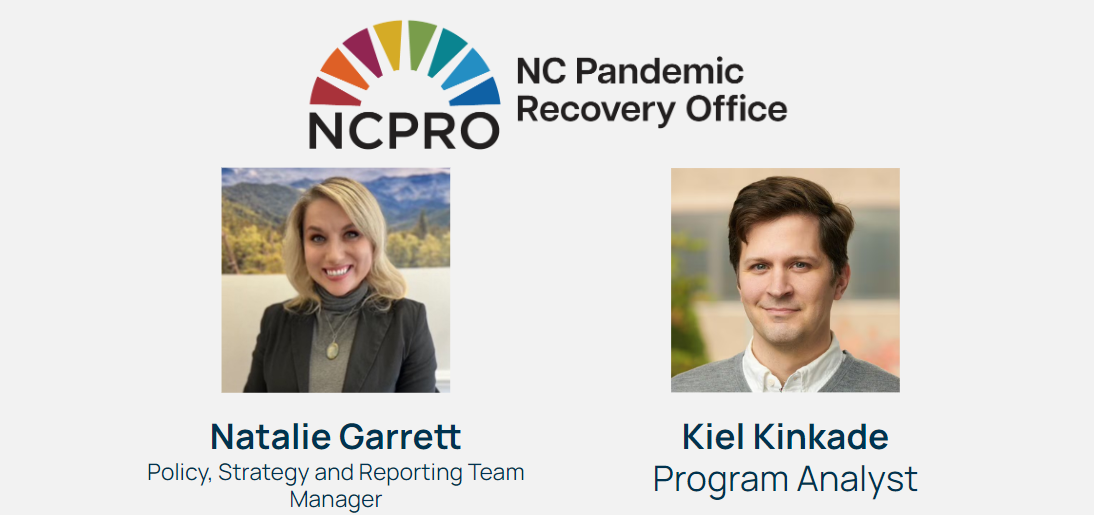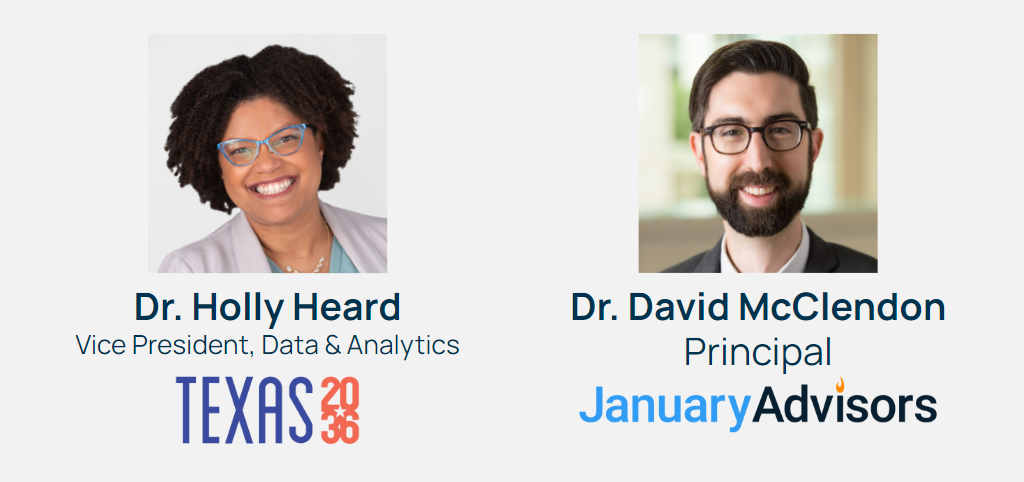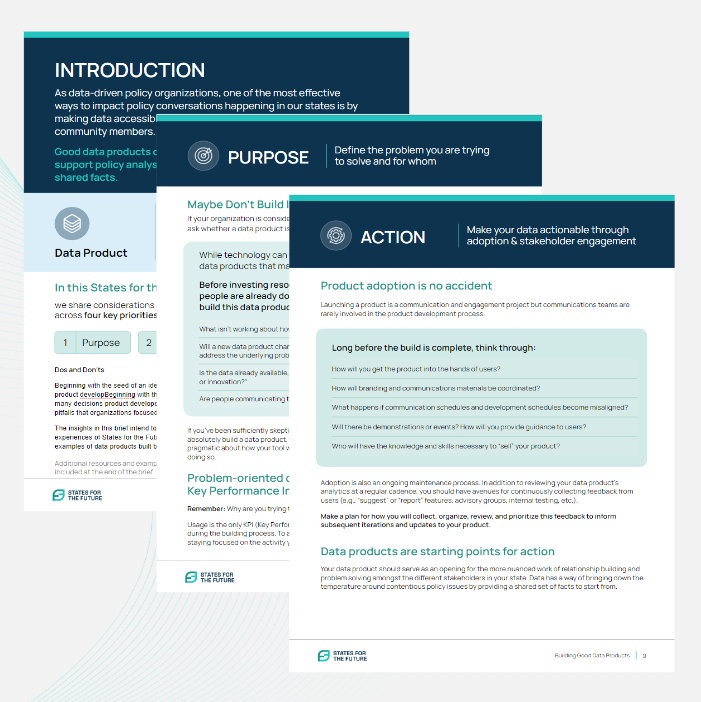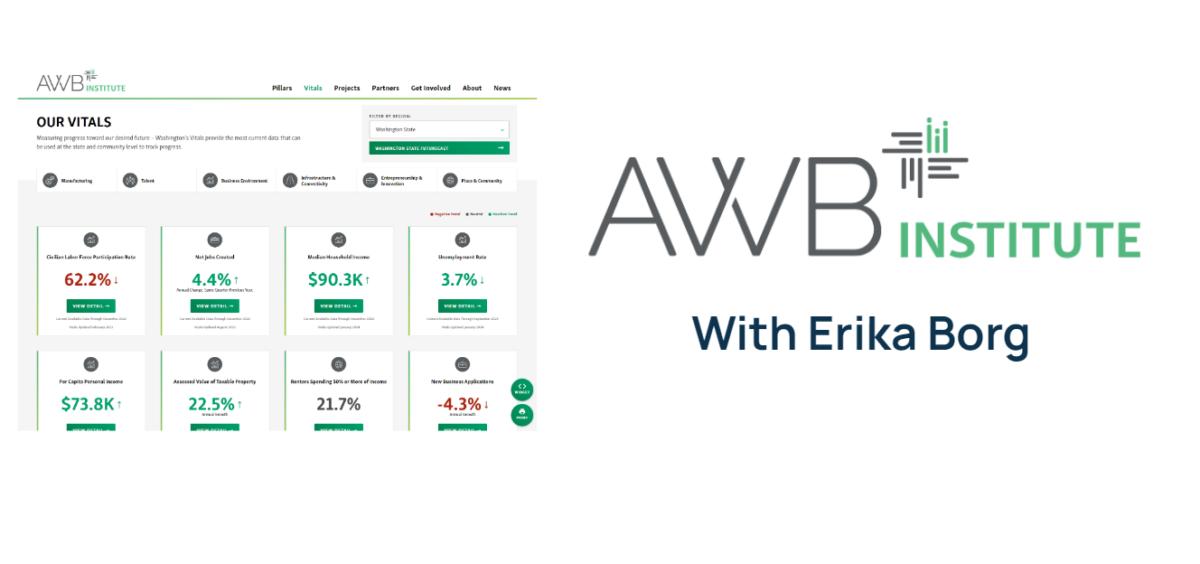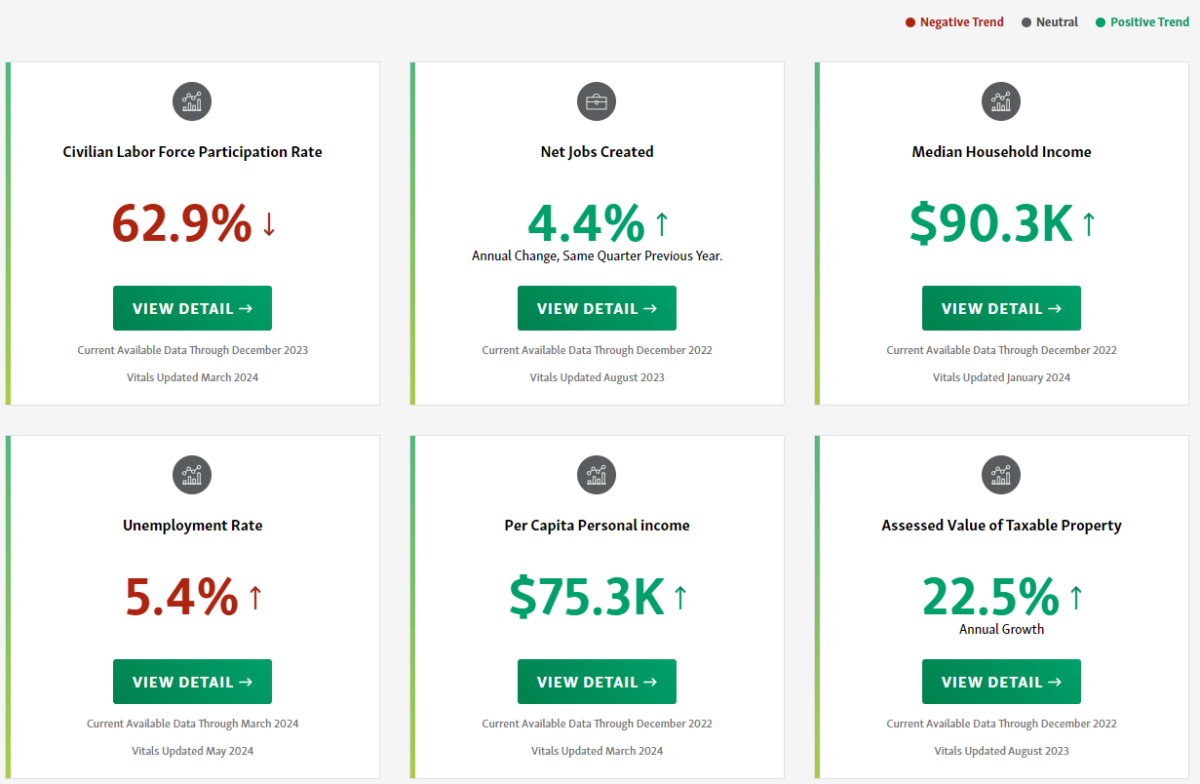Creating & Launching the North Carolina Resilience Index – our June Virtual Community Discussion
On June 20, 2024 our colleagues at the North Carolina Pandemic Recovery Office (NCPRO) shared their forthcoming tool, the Resilience Index and accompanying dashboard. Natalie Garrett and Kiel Kinkade discussed the challenges their community faced after the pandemic, and the data needed to understand the key issues faced by their community.
During community discussion. attendees were curious about the adoption strategy for the tool, how NCPRO approached communicating about the data sources used to make the Index, and stakeholder management on the scale that the Index required. Key takeaways from the session include:
- The problem your data tool is solving is your north star: Use cases are the foundation from which all decisions related to your tool’s features, data, and design should be made. The Resilience Index was built in direct response to a lack of data necessary for local decision makers to fully understand key social, economic, and environmental issues in their communities.
- Build data tools with your audience in mind: NCRPO learned what their key users wanted from their index and prioritized those features to their roadmap to build buy-in on the tool and adoption. An example feature in the Resilience Index allows users to parse the data in different views that reflect their interests, such as county or council of government.
- Educate stakeholders about the considerations, strengths, and limitations of your data product to create the right expectations and usage: NCPRO has created multiple versions of documentation to provide to users based on their familiarity with or desire for details on the statistics behind their indices.
- Build with what you have, with the plan to improve over time: Sometimes the data that exists at the time of development is less than perfect, but you can always plan to improve sources in the future.
- Collaborative design can build trust: The process of developing a useful data product in close collaboration with decision makers and/or funders can build trust and relationships. Even if you are a newer organization, doing this well can help stakeholders see you as a responsible partner capable of becoming a trusted source of information.
Slides from this session are accessible here. If you prefer a recording of the presentation portion of this virtual community discussion, you may view one here.

